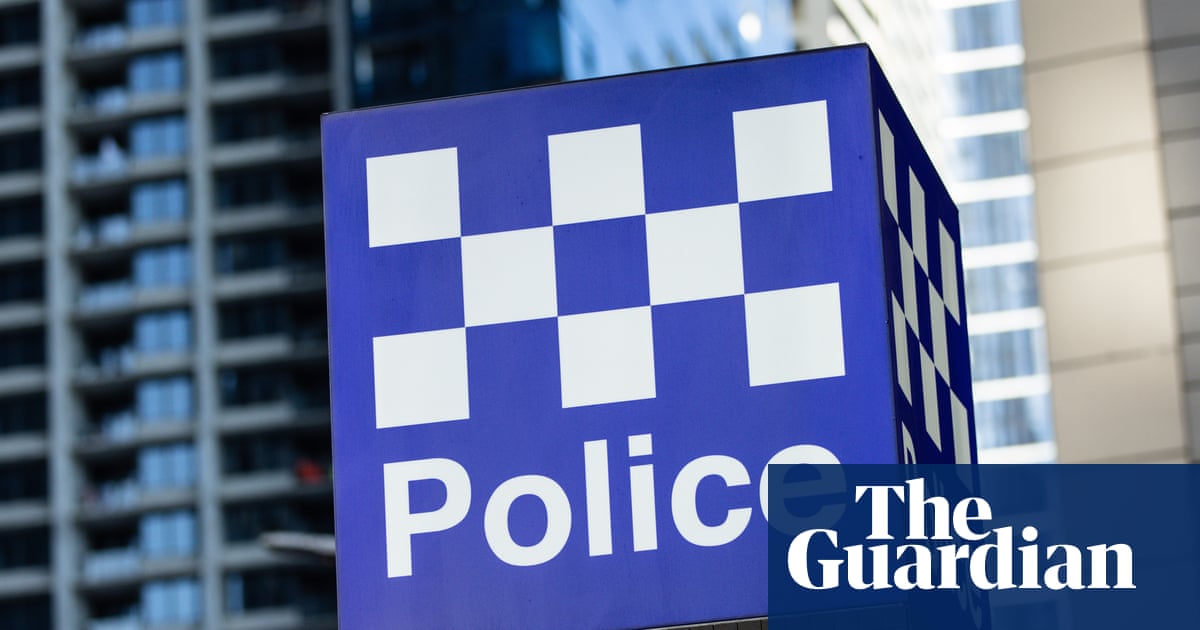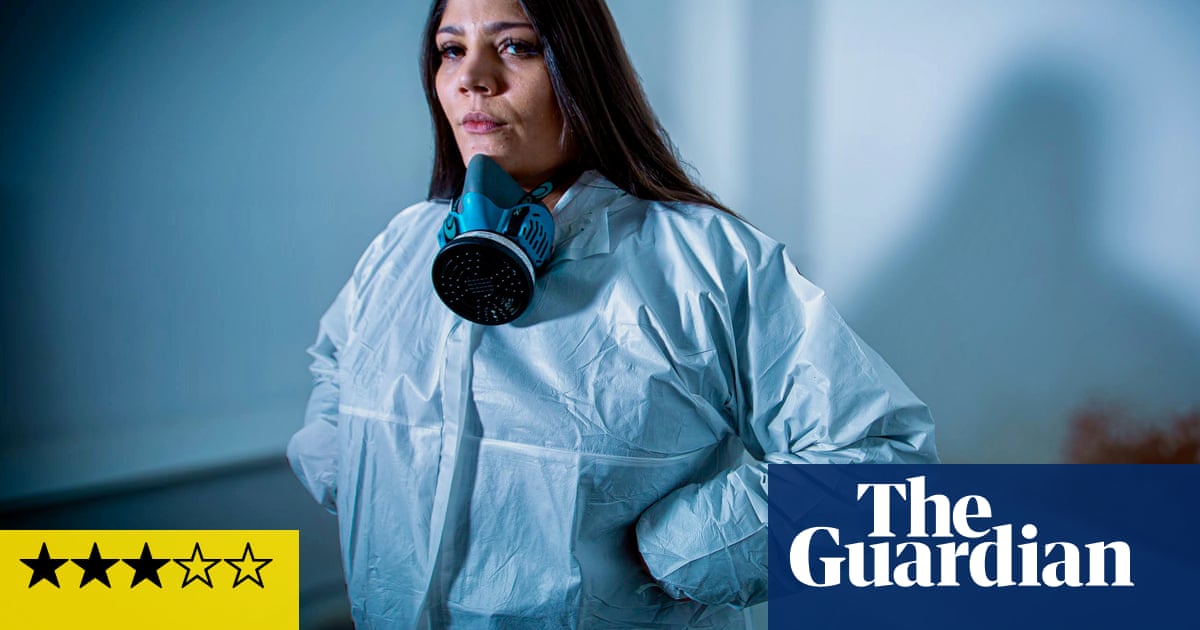Polls suggest Americans aged 65 and older are trying cannabis for the first time more than any other group in the country. This trend is propelled by decreased stigma and increased legalization, with 24 states and the District of Columbia allowing recreational use (in the UK, recreational use is still illegal).
But there’s something else too. Getting older comes with its challenges, physically and emotionally. Some people are betting on cannabis as a way to navigate these hurdles. Research indicates older adults primarily use cannabis for health-related issues, like poor sleep, pain and mental health concerns such as anxiety.
Dr Alison Moore, a geriatrician and University of California San Diego professor, can see a future in which cannabis plays a part in older patient healthcare. The issue is that current science can’t prove most of the reasons why this group wants to use it.
Despite the lack of evidence, “we do know people find it useful”, she says. “Older adults are the fastest-growing market, and there’s a reason for that.”
We spoke to experts about the benefits and risks of using cannabis as an older adult.
What is cannabis?

Cannabis is a group of plant varieties, or strains – notably Cannabis sativa and Cannabis indica. Its main chemicals, called cannabinoids, are THC and CBD. THC has a psychoactive effect. CBD does not, but can create a feeling of relaxation.
State laws typically require legal dispensaries to disclose the amounts of THC and CBD in products, explains Angela Bryan, a professor at the University of Colorado Boulder who studies the potential risks and benefits of cannabis use among older adults. These amounts are typically shown as a ratio.
“Regardless of whether someone wants to use cannabis recreationally or medicinally, the recommendation is to start low, go slow,” says Bryan.
Does cannabis affect older people differently?
Cannabinoids such as THC bind to receptors in the body’s endocannabinoid system, leading to the drug’s effects. This system maintains homeostasis and regulates metabolism, but becomes less efficient with age, Bryan explains. As a result, cannabis is metabolized more slowly. That said, because people don’t age the same, there will be differences.
Additionally, THC can accumulate in fat. Because older adults tend to experience an increase in fat mass and a decrease in muscle mass, THC effects are more pronounced, explains Moore.
Older adults often take multiple medications, so they should consult a healthcare provider before using cannabis, says Moore. Some data suggests people may not adjust prescription doses when adding cannabis, increasing the risk of harmful side effects like impaired cognition or increased anxiety.
Cannabis has become more potent over the years. Bryan advises starting with low THC before trying stronger options. Low THC may also reduce reactions like paranoia and anxiety, she says.
What are the risks of cannabis use for older adults?
Before using cannabis, discuss it with your doctor, says Moore. You can go over your medical history, including current and past medications, and why you want to try the drug.
There is little clarity on which cannabis products are most effective for specific medical needs, says Christopher Kaufmann, an assistant professor at the University of Florida College of Medicine. He emphasizes the need for more research on cannabis use, specifically in older adults, who may face greater risks due to conditions like tachycardia and poor blood pressure.
While there’s insufficient evidence for recommending cannabis, doctors can advise on potential benefits and risks. In older adults, common side effects like dizziness, drowsiness and confusion may increase fall risk, and cannabis could worsen cognitive impairment in those already affected, explains Dr Mark Lachs, chief of geriatrics and palliative medicine at Weill Cornell Medicine.
If patients already use cannabis, Moore asks them to bring it to their next appointment to review whether the dosage and method of administration are appropriate. Because products can be mislabeled, she emphasizes the importance of purchasing from licensed dispensaries, where accuracy is more likely.
Certain forms may suit specific needs better, says Bryan. For instance, smoked products offer faster relief than edibles, making them preferable for immediate pain. But if you have a history of lung disease, avoid vaping and smoking.
A downside of edibles is that you can’t undo overconsumption. “People tend not to oversmoke,” Bryan says. “They feel the effect they want and stop.”
after newsletter promotion
What are the potential benefits?
Moore, Kaufmann and colleagues co-authored a 2020 study of 568 adults surveyed at a geriatric clinic, where most used cannabis for health issues like sleeping troubles, aches and anxiety. Three-quarters of participants found it “somewhat” or “extremely” helpful. While such use is common, scientific evidence supporting these health benefits is limited. Research is stronger on cannabis’s effectiveness for neuropathic pain, spasticity and nausea.
The gap between self-reported benefits and scientific evidence is partly due to missing data and a reliance on observational studies, which are prone to biases. Bryan calls for more double-blind randomized controlled trials using legal cannabis products, though these are challenging to conduct because of the tightly regulated schedule I status of cannabis.
Self-reported benefits still matter, Bryan says, even if there’s a placebo effect. “If people experience relief, if they find a way to do it that fits into their life and is safe for them, then that is fantastic,” she says.
Moore thinks cannabis has “the potential to address some of the common issues we see with ageing”, but the barriers to studying it have impeded progress. Because short-term use of cannabis may improve positive mood, this might explain why people find it helpful, regardless of whether cause and effect can be validated, she explains.
Aaron Greenstein, a board-certified geriatric psychiatrist, says patients inquire about cannabis for sleep, pain and general wellbeing. But whether it’s helpful, and how much, can be very subjective, he says, and he’s observed that most of his patients who have hoped cannabis could help with wellbeing end up not sticking with it.
“Part of the fascination with marijuana is that it is advertised as a quick fix,” he says. “But there’s a limit to how effective it can be.”
Can cannabis help older adults sleep better?
In a 2020 study on people aged 21 to 70, Bryan and colleagues found that frequent use of edibles for sleep was linked to poorer sleep over time. She notes this pattern mirrors findings on other sleep aids: they work initially but lose effectiveness eventually. Sparing, as-needed use is generally more helpful.
The study also found participants, especially older adults, slept better with higher CBD intake. While products with more THC may offer short-term relief, those with high-dose CBD and low-dose THC were better for sleep.
“A combination of occasional CBD use along with some behavioral changes is probably the best recommendation” for people experiencing persistent, disruptive sleep problems, says Bryan.
Moore has come across seniors who want to transition from hypnotic medications, like Ambien, to cannabis. But there’s a lack of data comparing the two, she says.
When it comes to improving sleep, there are often more effective alternatives to cannabis and medications such as Ambien, says Lachs. These include options like gabapentin and melatonin, but he particularly recommends behavioral interventions like CBT-I, or cognitive behavioral therapy for insomnia.
Ultimately, “the jury is still out on whether cannabis can be used to treat sleep”, says Kaufmann. “There definitely needs to be more studies.”

 2 months ago
45
2 months ago
45

















































